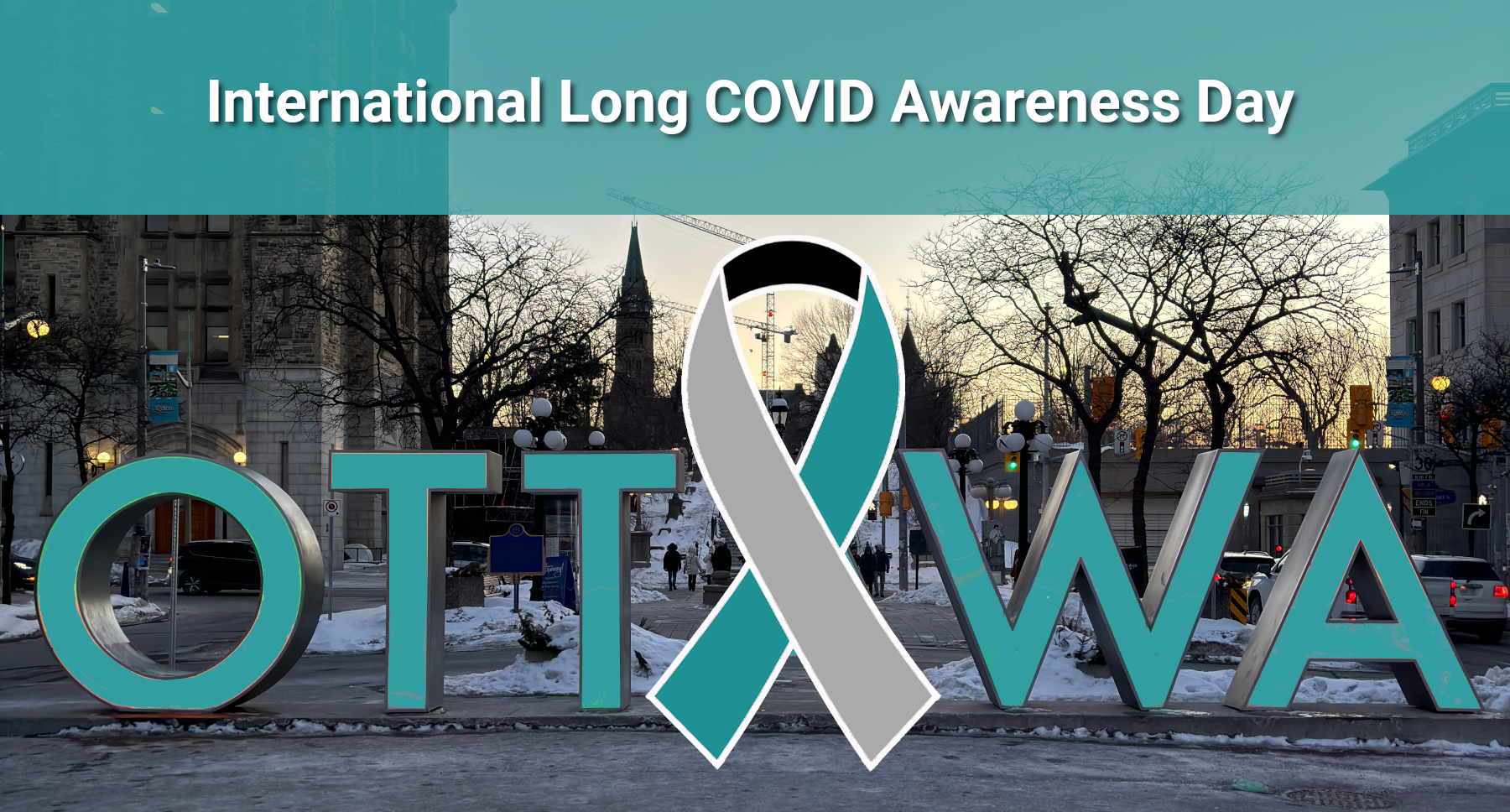TORONTO – Ontario is reporting 155 new measles cases over the last week, pushing the province’s case count to 816 since an outbreak began in the fall.
The number of new cases has increased again after a few weeks of appearing to stabilize in the 100-per-week range, which public health physicians had taken as a sign of potential optimism.
Dr. Sarah Wilson, public health physician at Public Health Ontario, says the fact that Ontario has exceeded 800 cases is striking.
Comments closed

